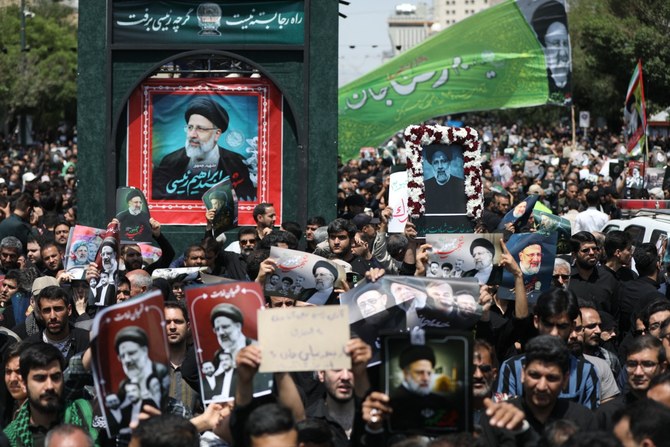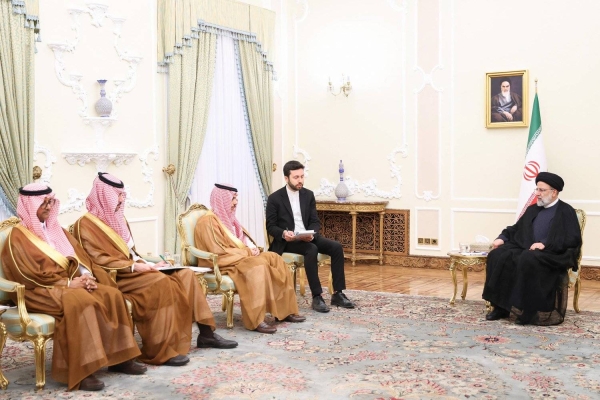
Turkiye was taken by surprise, like many other states, by the sudden passing of Iran’s President Ebrahim Raisi and seven others including the country’s Foreign Minister Hossein Amirabdollahian, in a helicopter crash on Sunday. Raisi’s death comes at a crucial time in the region, particularly amidst the ongoing Gaza conflict.
Turkiye observed a day of national mourning for the officials, while Vice President Cevdet Yilmaz and Foreign Minister Hakan Fidan attended the funeral of Raisi and Amirabdollahian. However, unlike other foreign dignitaries, they did not meet with Iranian officials and returned home following the funeral.
Immediately after the crash, Turkiye dispatched a Bayraktar Akinci drone, along with a Cougar helicopter and dozens of emergency personnel, to support the search efforts. Turkiye credited the Akinci drone for pinpointing the crash site.
However, on Wednesday, the General Staff of the Armed Forces of the Islamic Republic of Iran officially downplayed the role played by Turkiye’s drone in finding the crash site, highlighting instead the performance of its own drones. This shift was notable considering Iran initially sought rescue assistance solely from Turkiye, and had not even asked Russia.
So, what had happened from Monday to Wednesday that caused Iran to make such a statement? First of all, the statement aligns with Iran’s tendency to avoid displaying weakness. This points to the historically close but complex relations between the two neighbors, with elements of cooperation and competition.
So while Raisi’s death could potentially influence Iran-Turkiye relations, it is just one factor among many shaping the complex dynamics between the two countries.
Sinem Cengiz
In January, Raisi visited Ankara for the first time since taking office in 2021, with a large delegation that included Iran’s foreign, energy and interior ministers. His trip was delayed twice by the rapid escalation of the war in Gaza, and a bomb attack in Iran that killed 89 people earlier in January. The visit came amid heightened regional tensions against the backdrop of the Israel-Gaza war, with both Tehran and Ankara supporting the Palestinian cause.
The visit was also aimed at ironing out a multitude of problems between the historically close but uneasy neighbors. Relations between Ankara and Tehran have always been complex and multidimensional. During the visit, several deals were inked between the two sides.
When the two nations face the same regional threats, they prioritize cooperation, but when this is not the case a competitive dynamic typically emerges. Although they have never come close to declaring war, changes in the broader regional geopolitical landscape have heightened their competition, largely rooted in security concerns.
There are now discussions taking place on how Raisi’s death would impact regional dynamics and Iran’s relations with other states. With regard to relations with Turkiye, no radical or macro change is likely to happen, as the two states have always maintained diplomacy even though their interests have diverged from time to time.
Raisi had during his presidency emphasized good relations with neighboring countries, including Turkiye, and had reportedly criticized his predecessor Hassan Rouhani for not doing so. Raisi wanted to create a sort of security hub in the region that encompassed all Iran’s neighbors. Reconciling with Saudi Arabia was part of this policy.
So while Raisi’s death could potentially influence Iran-Turkiye relations, it is just one factor among many shaping the complex dynamics between the two countries. The extent to which Raisi’s death affects relations with Turkiye would depend largely on the policies and attitudes of his successor, as well as broader geopolitical developments in the region. And how both countries choose to navigate their differences in the coming years.
Sinem Cengiz is a Turkish political analyst who specializes in Turkiye’s relations with the Middle East. X: @SinemCngz.












